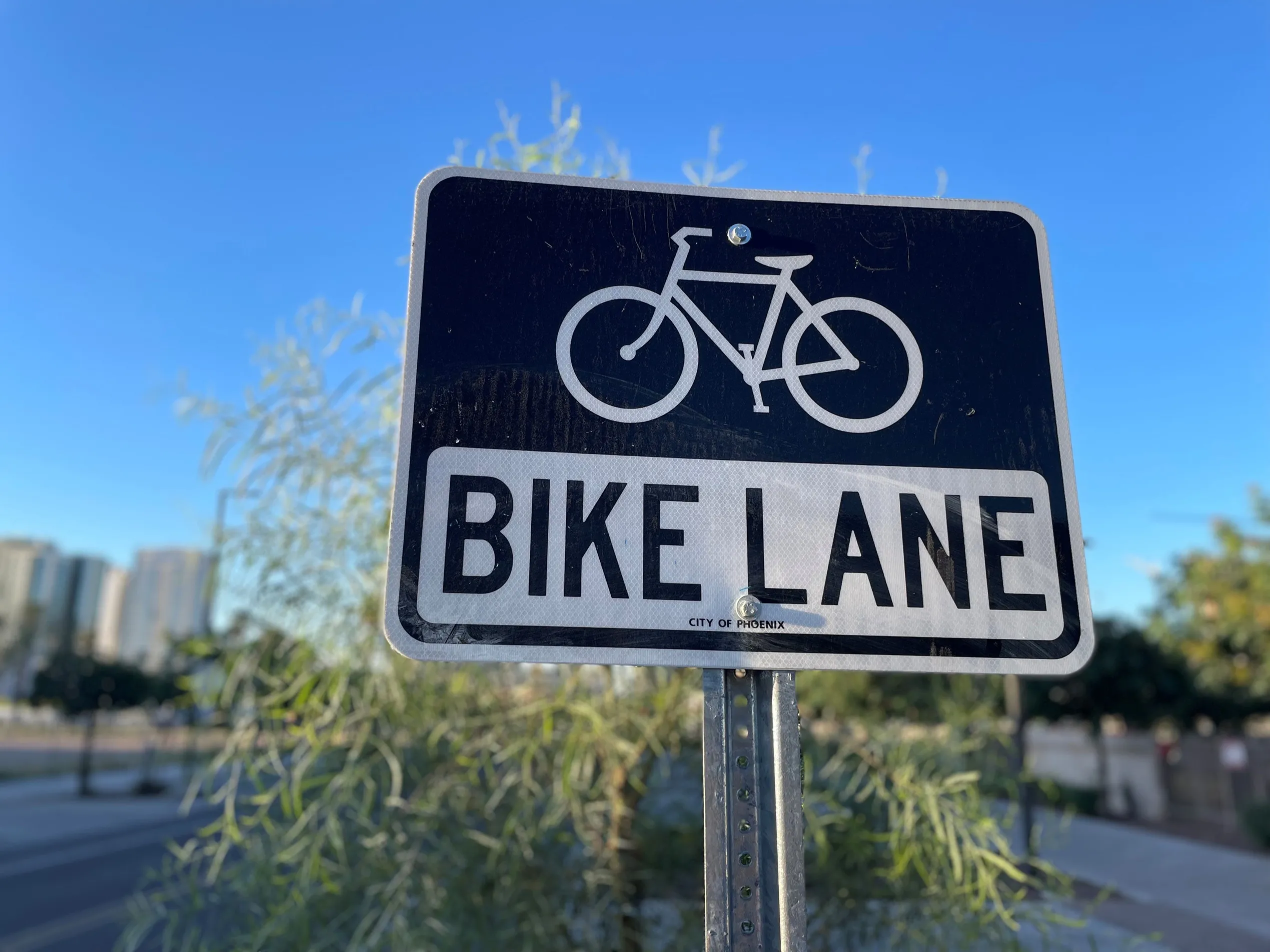Videalert’s new digital CCTV system for the enforcement of stopped vehicle offences has received Manufacturers Certification as an approved device for wide area network (WAN) deployments by the Vehicle Certification Agency (VCA) on behalf of the Department for Transport (DfT). This is the first system to achieve this accreditation, which makes it easy for local authorities to introduce the enforcement of illegal parking outside schools, where vehicles stop or park on zig-zag lines.
October 30, 2013
Read time: 2 mins
Using a single camera and without manual intervention, the Videalert system continuously monitors the restricted area and automatically zooms in to capture the number plate of any vehicle that stops during the period of time defined by the local traffic order, typically twice a day during the school opening and closing hours. The camera then automatically zooms out and captures relevant parking signage and the video evidence pack is transmitted to the council for review, before automatically generating a warning letter or PCN. An additional benefit of the system is that it can also record video outside schools 24/7, providing further protection to pupils, staff and premises.
The VCA accreditation has been achieved in line with current legislation that requires systems used to enforce parking offences to be formally certified. It means that councils will no longer have to complete a technical construction file (TCF) with details of all the components and connections for every proposed installation and submit it to the VCA for formal approval.
According to David Richmond, CEO of Videalert: “We are pleased to have achieved this further unattended parking accreditation, a new and innovative use of CCTV focused on safety, which enables councils to rapidly deploy stopped vehicle enforcement systems outside schools. The system has already completed a successful pilot with a leading London borough and is generating considerable interest from other councils, who want improve safety for children going to school.”









